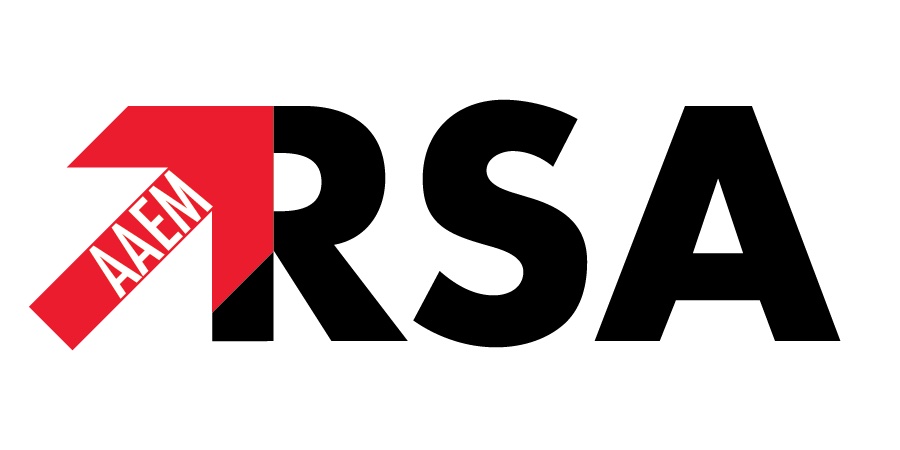 |
| Image Credit: Flickr |
Author: Mary Calderone, MS3
AAEM/RSA Medical Student Council President ’13-’14
Originally published: Common Sense January/February 2013
Aside from intern year, the third year of medical school is traditionally considered one of the most formative experiences in a physician’s life. Suddenly, we’re propelled from passively sitting in a lecture hall to thinking on our feet. Our thought process now has the potential to impact how we care for a patient, rather than just how we answer an exam question. Just as we impact the lives of patients, patients also impact us in powerful ways. We begin to make decisions about the future of our medical careers, ruling out certain specialties and exploring others further. As we navigate these new challenges, we gain an increasingly keen sense of self-awareness. Our strengths and weaknesses stare us straight in the eyes, whether we realize them through self-reflection, hear about them from one of our senior colleagues, or experience some combination of the two. We start to contemplate our life goals and our requirements for happiness and well-being. By the time we’re fourth years, we’re expected to have decided upon an area of medicine after a whirlwind of speed-dating with different specialties.
While many students enter medical school with some idea as to their future specialty, studies have shown that the majority of students change their minds. I entered my M1 year with a passion for emergency medicine that has only continued to grow as I’ve gained more clinical experience. Entering medical school with relative confidence in the area of medicine you wish to practice has its advantages and disadvantages. On one hand, you can direct your efforts toward a concrete goal. You can lay the foundation for pursuing a career in a given area of medicine early in your training. You can participate in activities and opportunities that prepare you well. You can find the right mentors. On the other hand, you may fail to consider all of the exciting possibilities for your career, thereby prematurely closing your mind to an area of medicine that you might otherwise have loved. Your bias toward one specialty may cloud your judgment of whether or not you actually fit well into its culture. You may even disregard the importance of a clerkship because you think it won’t ultimately be relevant to the type of medicine you plan to practice, thereby cheating yourself of a fulfilling and valuable experience.
Despite these potential pitfalls, I’ve found that entering medical school passionate about emergency medicine has in no way detracted from my clerkship experiences thus far. In fact, understanding that a solid grasp on the core areas of medicine is essential to being an effective emergency physician has motivated me to approach all of my rotations with the same vigor, enthusiasm, and intellectual curiosity with which I would approach an emergency medicine clerkship.
My psychiatry clerkship, for instance, offered me valuable experience evaluating patients presenting for substance abuse or suicidal ideation, common reasons for ER visits. It allowed me to master the mental status exam and pick up on important subtleties during patient interviews. It also gave me insight into the common issue of malingering.
Family medicine, just like emergency medicine, requires the ability to evaluate, manage and relate to patients of all ages with a broad spectrum of medical and psychosocial issues. It involves advocating for patients so they have access to outside resources, a component of care also relevant to emergency medicine. Consequently, I approached the rotation with a desire to focus on improving my skills in these areas.
On pediatrics I learned the importance of observation and physical exam in the evaluation of infants and children, who cannot provide the same detailed history that an adult can. I improved my ability to identify and differentiate a toxic-appearing patient from a relatively healthy one, a critical skill for an emergency physician. I also learned how to effectively work with patients’ families, including ways to appropriately elicit and address their concerns in addition to the patients’ issues.
Throughout my three clerkships thus far, I’ve also paid particular attention to the most serious conditions in to each, so that I will keep these diagnoses on my radar and remember to rule them out when necessary. I have no doubt that I will continue to learn valuable concepts and clinical skills on my remaining clerkships, which will serve me well as an emergency physician.
In sum, whether you’re simply considering emergency medicine as a possible career choice or you’ve definitely decided on it, it’s important to take of all of your clerkships seriously. Disregarding a core area of medical knowledge because you’ve decided to specialize in another is shortsighted, especially in the case of emergency medicine. Identify the concepts and skills that may be relevant to your practice as an emergency physician, and utilize clerkships as opportunities for competency or even mastery in these areas.
